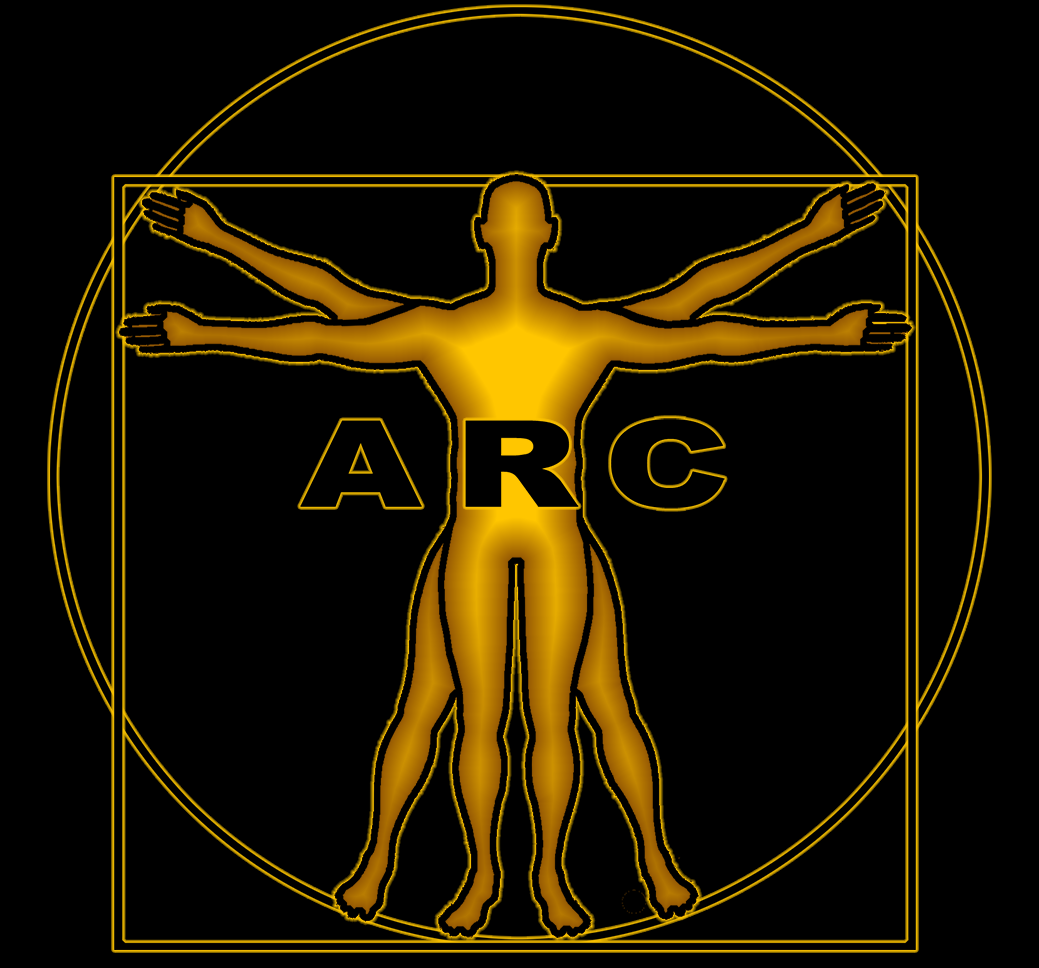
SLEEP

(Wikipedia: Sleep) - (Last Revision: 3/27/2022)
Recent discoveries demonstrate a critical role for circadian rhythms and sleep in immune system homeostasis. Both innate and adaptive immune responses — ranging from leukocyte mobilization, trafficking, and chemotaxis to cytokine release and T cell differentiation —are mediated in a time of day–and sleep dependent manner. [1]
DNA repair mechanisms are unregulated during sleep after Neuronal DNA damage triggers sleep by via Parp1. Parp1 then promotes chromosome dynamics and DNA repair. [8, 9]


The quality of an individuals sleep declines with age.

◉ Sleep promotes DNA repair in neurons
◉ Human longevity is associated with regular sleep patterns, maintenance of slow wave sleep, and favorable lipid profile◉ Chronic sleep deprivation of less than 7 h daily is associated with multiple health disorders. [5]
◉ The effects of sleep deprivation encompass the disruptions in immunological interplay and genetic modifications.
◉ People who sleep more than 7.5 hours per night have decreased levels of the anti-aging protein klotho in their serum, thus being more at risk of aging-related syndromes. [3]
◉ Sleep is a biological need, and adequate sleep duration and quality help maintain immune health and homeostasis.

Aging and sleep
Sleep has been an evolutionarily conserved rejuvenation and longevity intervention for as long as biological systems have thrived within the constrains of this planets circadian clock. Studies on immunological function demonstrate an association between dysregulation of inflammatory response and increased risk of infections and increased mortality, due to sleep deprivation and disturbances.
Sleep and the immune system are bi-directionally related, where adequate sleep quality and duration help maintain immune health and homeostasis. There is a correlation between slow-wave-sleep (SWS) and pro-inflammatory endocrine milieu, whereas many important immunological functions occur during SWS. IL-1b and TNF-a are considered sleep regulators and are involved in regulation of both SWS and NREM. Manipulation of sleep can affect immune markers, such as leukocyte migration and distribution, cytokine production, leukocyte activity and proliferation, complement activation, expression of cell adhesion molecules and immune related genes.[7]

[4] Sleep and aging: from human studies to rodent models
[8] [2021] Parp1 promotes sleep, which enhances DNA repair in neurons

A Protocol for High Quality Sleep
Sleep has always been linked with day/night cycles. This cyclic, rymthumic and repetuous process has been disrupted by social and work demands and the ability of an industrialized civilization to turn night into day, at will with artificial lights.
This makes the fist step in regaining high quality sleep establishing you own regimented cycle of activityh/sleep.
• Go to bed at the same time each night. • Get up at the same time each morning. • Keep your sleeping environment as dark as possiable. • Control the temperature of your room, make it comfortable, but slightly cooler than during the day.
Melatonin is a patatary hormone that facilitates sleep and its production is controlled by the level of light in your environment.
This makes controlling melatonin fairly simple. • About an hour before you intend to go to be to sleep, start reducing the amount of light in your environment. Turn off all unused or unnecessary lights and dim those that you still require. This includes phone screens, computer monitors and televisions screens.
Melatonin supplements can be incorporated effectively to augment your ability to go and control your sleep patterns. Most individuals are utilizing these products in a manor that is more disruptive to a good nights sleep than beneficial. The primary reason for this is dosage. The pineal gland produces very small amounts (about 1/10 of a milligram) of the hormone starting at dusk and gradually increases the output until around 2 AM. At this point the levels of melatonin decline untill you awake sometime around sunrise. Many of the available melatonin supplement contain between 5 and 10 mg of the active hormone. Some even more. This very high dose, compared to the amount your body naturally produces, overloads your bodies respond to the hormone and degrades the appropriate response to it'; sleepiness. Additionally these high doses direct the body to stop making natural melatonin disrupting the normal diurnal production of the hormone. If you need to augment your melatonin levels to sleep, fellow the same cycles shown in the chart below, attempting to mimic its natural production timing and levels.
• About 15 to 30 minutes after you have started to reduce the light levels in you environment, in preparation to go to bed, take 0.25mg of melatonin. That is all that is required. Remember you are augmenting the natural production of melatonin to overcome the un-natural, artificial light polution of our modern environment.
Click [√] to Enlarge [2]
• As the graph on the right indicates (black line) your melatonin levels peak around 2 AM. If you awake to relieve your bladder in the middle of the night, again take 0.50mg of melatonin as soon as you get up. Avoid turning on any bright lights or looking at your phone.
Shifting Your Sleep Cycles
Taking melatonin in advance of your sleeping time (red line) will cause you to advance this normal cycle, causing it to end in the middle of your normal sleeping pattern. Taking it after the normal peak in melatonin production (blue line) will cause the extension of this cycle and you will be sleepy and groggy when you reach your normal waking time.
• 1mg sublingual tablets are available from many sources and these tablets and be easily divided into quarters utilizing a pill splitter.
A number of supplements and drugs can reduce the natural levels of melatonin. These include Benzodiazepines like valium and lorazepam, alcohol, aspirin, ibuprofen,
GABA, or gamma-aminobutyric acid, is the chief inhibitory neurotransmitter in the human brain. It relaxes the brain by reducing neuronal excitability. It is synthesized from the amino acids glutamine and glutamate.
GABA is also the main neurotransmitter responsible for sleep maintenance. Where melatonin puts you to sleep, GABA keeps you asleep, and an insufficient quantity of it is often responsible for early awakening.
There are multiple GABA supplement formulations, some of which are combined with melatonin.

Review the protocol above for dosage and administration of sleeping interventional options.

🔷 ? 🔷

🔷 ? 🔷

🔷 ? 🔷

🔷 ? 🔷

🔷 ? 🔷

[1] [2020] Perfect timing: circadian rhythms, sleep, and immunity — an NIH workshop summary
[2] [2019] Physiology of the Pineal Gland and Melatonin
[4] [2020] Sleep and ageing: from human studies to rodent models
[6] [2012] The Role of GABA in Primary Insomnia
[8] [2021] Parp1 promotes sleep, which enhances DNA repair in neurons

An excellent article by John Fawkes was published on Medium in 2019. It provides an in-depth examination of sleep problem, disorders and pharmacological interventions to address them. How to Cure Insomnia: a Complete Guide
The fellowing two papers need to be reviewed and incorporated into this page:
2) [2021] Parp1 promotes sleep, which enhances DNA repair in neurons
3) [2022] Nutrition, metabolism, and epigenetics: pathwaysof circadian reprogramming (PDF on File)





